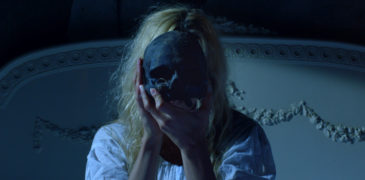
Kingdom of the Apes is a 2022 Japanese thriller, written and directed by Shg Fujii. Making his directorial debut with Living Hell (2000), Fujii gained notoriety with his recent mystery thriller Red Line Crossing (2017).
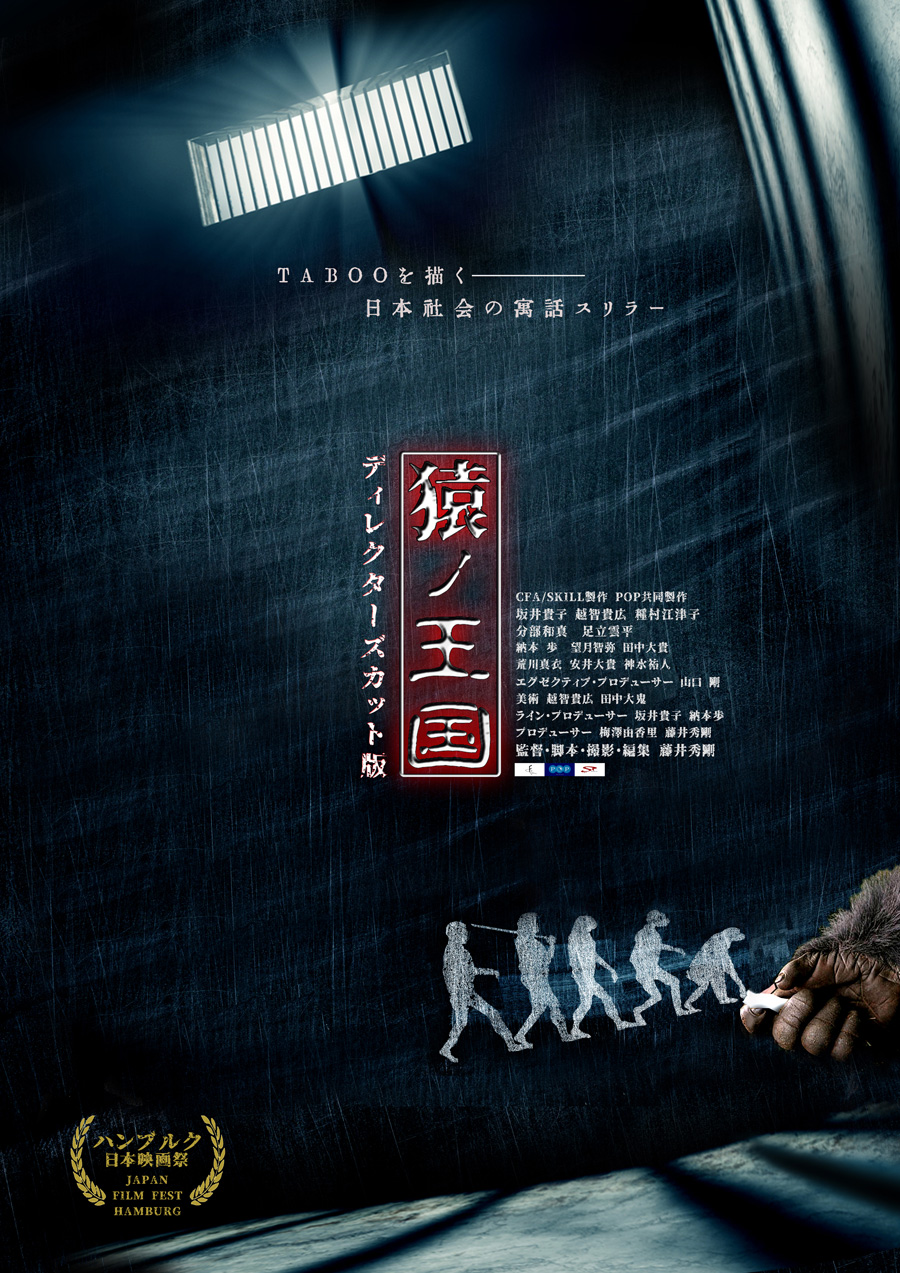
“A director of a news program was called to an emergency meeting in the boardroom of a TV station on the 27th floor. The reason for the emergency meeting was to discuss whether to air a news story he had produced on the Covid-19 vaccine. At the same time, in the basement of the TV station, the news about the Covid-19 vaccine was being re-edited due to censorship. But then an incident occurred. Suddenly, the door closed, and they could not leave the room. The program directors were baffled. Who is in charge? Who is keeping them locked up? A human drama unfolds between heaven and earth. It soon develops into a revenge drama filled with hatred…”
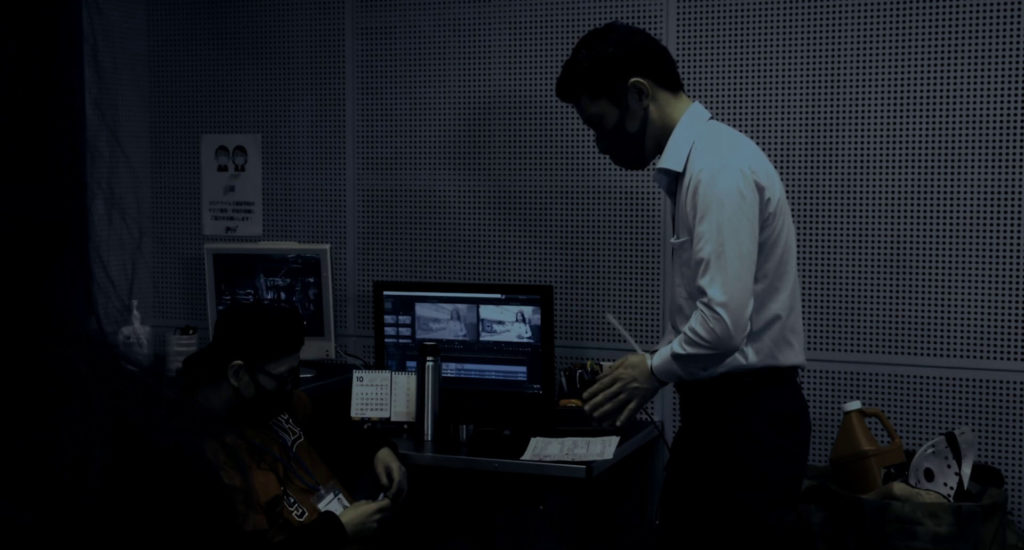
Being shot on a micro-budget, Kingdom of the Apes, at first, gives the appearance of being a reflection of this. Featuring a roster of unknown actors, frantic use of shaky cinematography as well as hard-cut editing allude to a confusing story structure that is difficult to follow at points. The simultaneous situations are cross-cut inconsistently, causing a stagnation in the progression for both that continues for some time. With some cuts being minutes apart, these scenes at points feel bare of any development – seeming pointless to cut to them in the first place. Additionally, the overuse of free-camera cinematography delivers an uncomfortable feeling of nausea that is difficult to ignore. The constant use borders on egregious, with little respite for those that suffer from motion sickness.
However, as Kingdom of the Apes enters its third act, this low-level film-making facade unexpectedly shatters as a tense office drama and is replaced with a thrilling story of revenge with a shocking twist. The hand-held cinematography swapped out for technically expressive camera work, detailing beautifully smooth rotary pans as well as other visually impressive techniques that offer a starkly contrasting style compared to what was displayed leading up to this point. Furthermore, the bewilderingly choppy editing also has its part to play. Revealing a denoted timeline that puts these two seemingly unrelated convoluted stories into a logical series of events, unveiling its ulterior motive is an unexpected yet organic evolution.
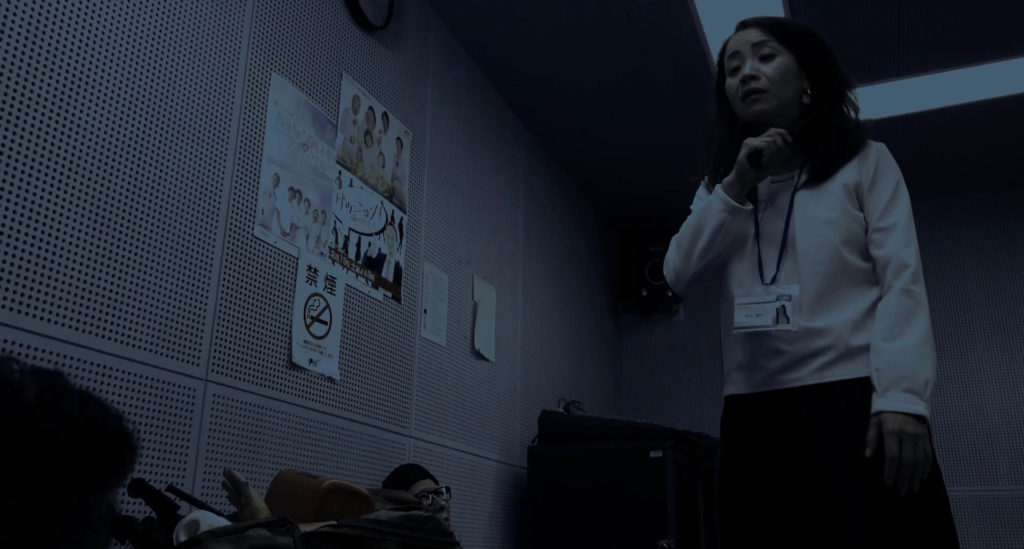
Stated as much in the opening credits, Kingdom of the Apes has no interest in calling into question the effectiveness of the recent Covid-19 vaccines. Instead, the story is poised as a what-if scenario taking advantage of the tabloid horror of an ongoing real-world event to ground its connection to the real world. The film is “a fable of Japanese society”, projecting the high tension of power games within organizations and the lengths members will go to save face with their superiors.
Protracted and monotonous by design, Kingdom of the Apes will certainly avert all expectations built during its run time and deliver an incredibly unseen twist expertly revealed (though slightly alluded to throughout). Along with the benefit of an unknown cast and excellent use of music, the film undoubtedly is a masterful representation of plot twists and purposeful misconceptions.
We watched Kingdom of the Apes as part of the 2022 Japan Film Fest Hamburg (JFFH) line-up
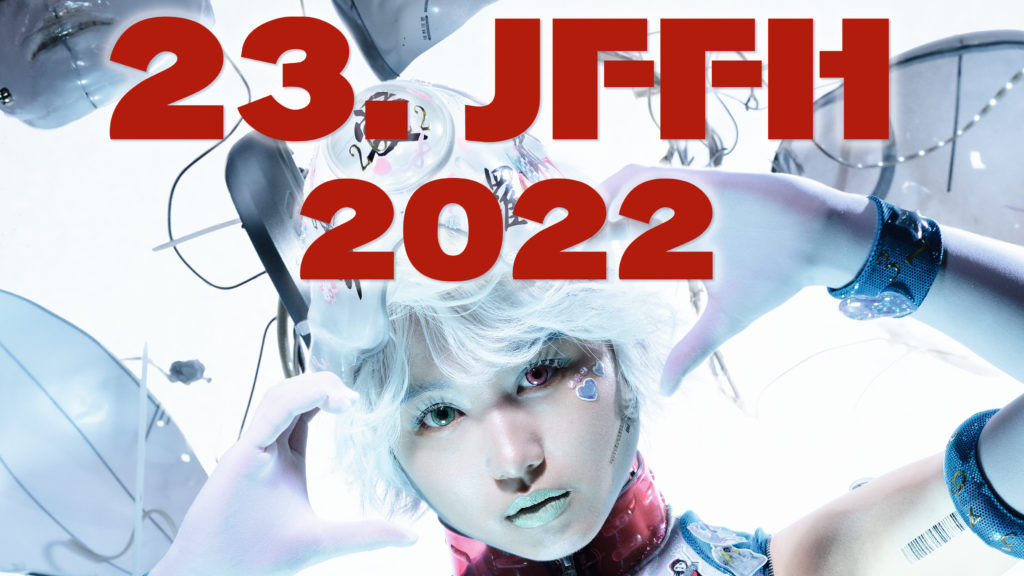

More Festival Coverage
There aren’t a lot of production studios left that are devoted to horror. The two big ones that come to mind for me are Sam Raimi’s Ghosthouse Pictures and Blumhouse…. The Dead of Night Film Festival is Merseyside, England’s only dedicated horror film festival. It ran across the 1st and 2nd of October for its sixth year at The Bijou… Prisoners of the Ghostland wastes no time engaging viewers with its opening scene depicting the curious contrast of the stark white interior of a bank with its many patrons donned… How many of you have been to a GWAR show? If you haven’t, I bet you know someone who has and I can guarantee you that person has some stories… At this year’s Unnamed Footage Festival, the lineup of short found footage films promises to immerse audiences in thrilling and chilling narratives captured through unconventional lenses. From eerie home videos… “Tick … Tock … Tick … Tock…” If you’re old enough to remember, video stores were most often our method of finding films that we might have otherwise never heard…Bingo Hell (2021) Film Review – You Win, You Die!
The Dead of Night Film Festival 2022
Prisoners of the Ghostland (2021) Film Review – East Meets West for a Radioactive Psycho-Western
This is GWAR (2021) Film Review – There Will be Blood
Unnamed Footage Festival Short Films Collection (2024) – Short but Sweet [Unnamed Footage Festival 7]
Dawn Breaks Behind the Eyes (2021) Film Review – A Psychedelic Gothic Horror Acid Trip

Hey there, I’m Jim and I’m located in London, UK. I am a Writer and Managing Director here at Grimoire of Horror. A lifelong love of horror and writing has led me down this rabbit hole, allowing me to meet many amazing people and experience some truly original artwork. I specialise in world cinema, manga/graphic novels, and video games but will sometime traverse into the unknown in search of adventure.
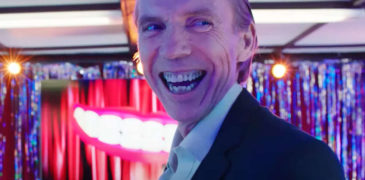
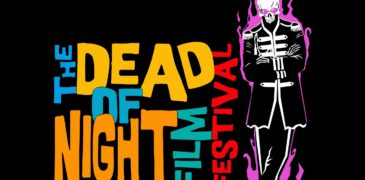
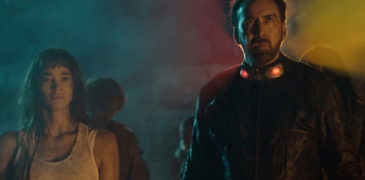
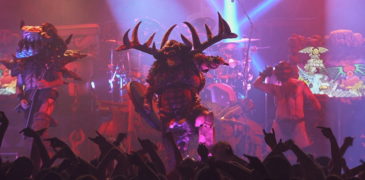
![Unnamed Footage Festival Short Films Collection (2024) – Short but Sweet [Unnamed Footage Festival 7]](https://www.grimoireofhorror.com/wp-content/uploads/2024/03/Untitled-design-28-365x180.jpg)
